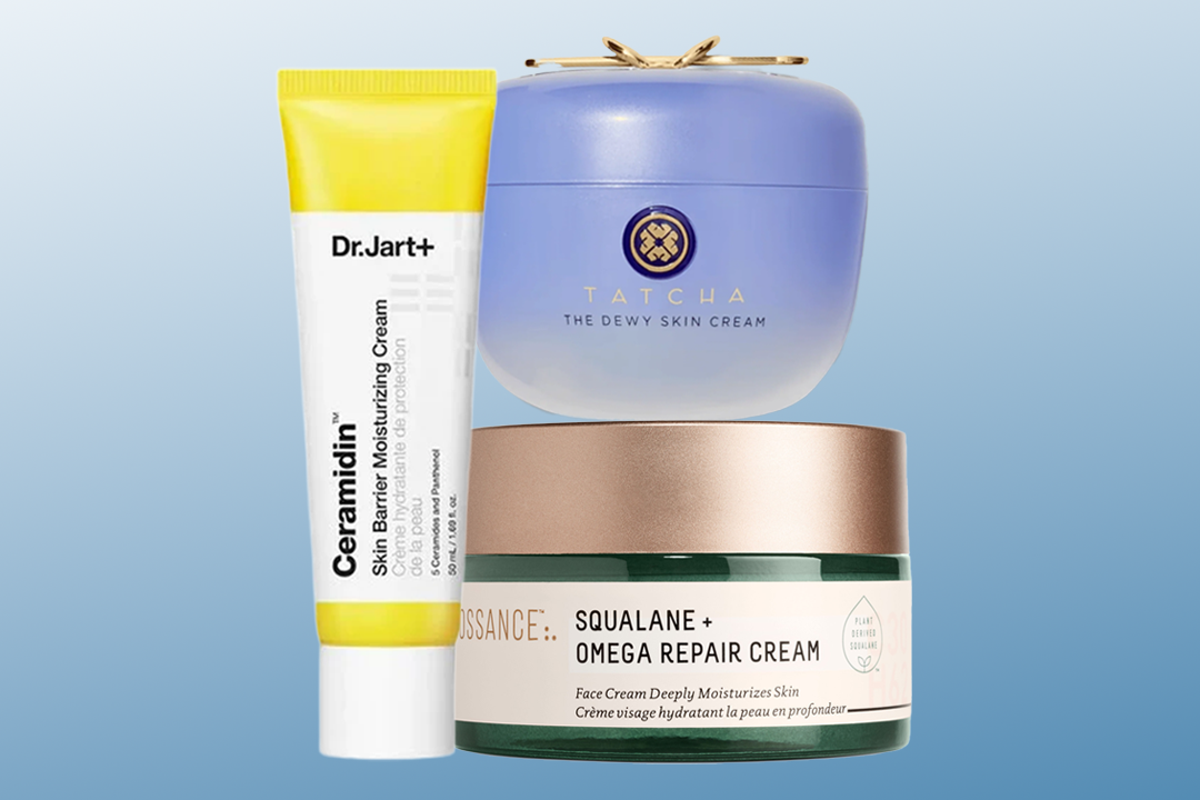Determining your skin type can be difficult. And it’s even harder when you consider the various factors that cause changes in texture and type—whether it’s environmental factors, including weather, or the fact that the skin care products you use can change over time. If you have dry skin, it can be more than just a feeling of tightness and dry patches—it can often be a sign of a compromised skin barrier, which is why it’s important to find the best skin care routine for your skin type.
The outermost layer of our skin is responsible for a great deal of what goes in and out of the skin – the environment, lifestyle and harsh skin care products can easily disrupt it. The result for dry skin is that it cannot hydrate, soothe or nourish itself.
“Dry skin is caused by a lack of sebum (oil) in the skin, a lack of the skin’s natural moisturizing agents, and a weak barrier,” explains Esthetician and Skin Coach Katie Onijko. “It is often associated with dehydration as the skin struggles to retain water.”
Physician Dr. Sophie Humble explains that beyond the skin barrier, internal and external factors often play a key role. He says: “Dry skin can be the result of environmental factors such as cold weather, low humidity and hot showers or internal factors such as genetics, aging and some specific diseases such as eczema or hypothyroidism.” Harsh cleansers and the use of physical or chemical exfoliants only worsen the condition and dry and irritate the skin.
Whether your dryness is internal or external, moisturizers are your best friend for reducing discomfort and helping skin repair over time. It can be hard to pick one (not all moisturizers work the way you need them to), so we asked two experts about what ingredients and how to spot them, as well as the best moisturizers for dry skin they recommend.
Meet the experts
- Katie Onijkoh: An esthetician and skin educator with over 13 years of experience in the beauty industry, teaching through masterclasses, video tutorials, and editorials, and founder of The Face Community Solo Face.
- Dr. Gail Humble, MD: Physician and Medical Director of the Antiaging Beauty Institute, with more than 30 published research articles in medical journals on skin care and the aging process.
What skin care products help dry skin?
When it comes to repairing and hydrating dry skin, both experts recommend assessing the skin barrier first. Any itching, redness, rough texture or acne breakouts are signs that your barrier needs help. “Ceramides are essential for a strong skin barrier, helping to hold skin cells together and improving water retention,” says Onyejekwe.
Cholesterol is also key as a lipid found naturally in the skin barrier, helping to strengthen the barrier and replenish the skin’s natural lipid composition, which is great for dry skin. He also recommends cholesterol, omega fatty acids (found in oils like rosehip and sunflower), and squalane oil, all of which strengthen the lipid barrier and help retain moisture in the skin. Squalane is especially good because it mimics the skin’s natural sebum, softening it while remaining lightweight.
A combination of water-binding moisturizers and lipid emollients is key, adds Dr. Humble. “Look for products that contain humectants like hyaluronic acid and glycerin to help absorb water into the skin. Combine them with emollients like ceramides, shea butter, or squalane to strengthen the barrier and prevent further moisture loss,” she advises. Barriers are the third type of ingredients known for moisturizing and create a barrier on the skin to lock in moisture.
Dr. Humble warns about certain ingredients that can make dryness worse. Avoid alcohol-based products that can strip away more moisture, fragrances that may cause irritation or sensitivity, and strong exfoliants like AHAs, BHAs, or physical scrubs that can be overused, she recommends.
What is the best skin care routine for dry skin?
Moisturizer should be at the heart of a dry skin routine and supported by gentle, hydrating steps. “Layering hydration and locking it in with a barrier and emollient cream or oil is the best strategy,” says Onyejekwe. She suggests starting with a cream, oil, or balm cleanser, followed by a hydrating essence, an antioxidant serum, and then a nourishing cream. Facial oil can also be added under moisturizer to boost shine, although Onyejekwe recommends allowing it to sink in before sunscreen to avoid disrupting its protective layer.
Dr. Humble agrees that gentle cleansing and exfoliation are critical. Start with a creamy, non-foaming cleanser, followed by a hydrating toner and a serum containing hyaluronic acid, ceramides, or peptides. Layer on your active of choice before applying a rich moisturizer and hydrating sunscreen. At night, use a nourishing cream and/or facial oil to apply twice during the night, once with a hydrating moisturizer, hydrating moisturizer, or hydrating facial moisturizer. A week.”
Taking care of dry skin is a routine approach, but moisturizers do most of the heavy lifting. Read the best moisturizers for dry skin according to experts.
What are the best facial moisturizers for dry skin?
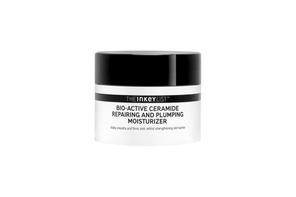
Inkey List Bioactive Ceramide Moisturizer
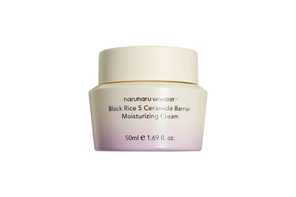
Black Rice Cream 5 Ceramide Haro Haro Wonder
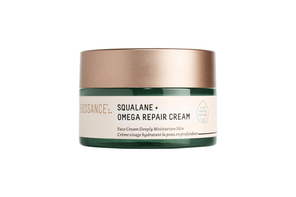
Squalane and Omega Biosense repairing cream
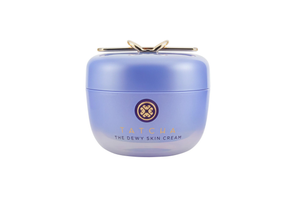
Tatcha dewy skin cream
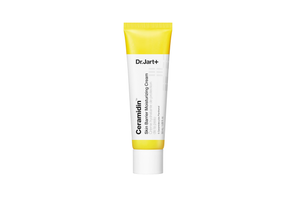
Dr Jart+ Ceramidin skin protective moisturizing cream
Why you can trust IndyBest US reviews
IndyBest US is the ultimate destination for product reviews Independentall of which are the result of real-world testing. Ava Welsing-Kitcher is a beauty editor based in Los Angeles. He has a decade of experience and knowledge about products that work (and more importantly, don’t). She has consulted with and learned from leading skin care professionals, including dermatologists, beauty scientists, and estheticians. In turn, she helps people understand the science and structure of their skin—often from her own personal experience with skin issues, such as combination dryness and oiliness, sensitivity, and dermatitis.


